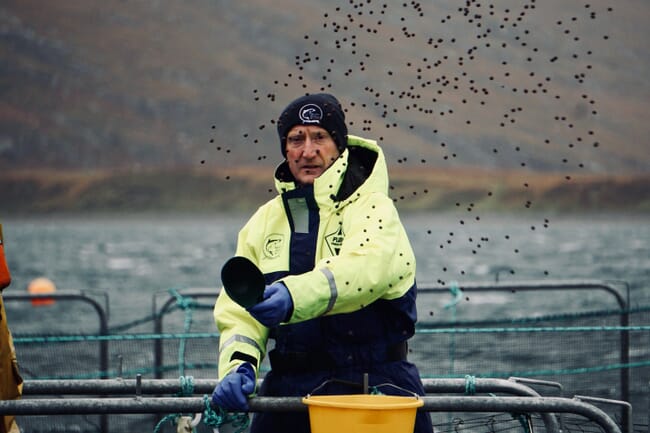
Scott fears the implications that the adoption of HMPAs could have on Scotland's salmon farming sector
Addressing the consultation currently under way on Highly Protected Marine Areas (HPMAs), which would see around 10 per cent of coastal waters around Scotland closed to human activity, Salmon Scotland chief executive Tavish Scott said a “thorough understanding of the impact on business, livelihoods and communities is essential”.
SNP leadership candidate Kate Forbes has pledged to scrap the proposal, and has also said she would consult on which of Marine Scotland’s statutory responsibilities could be “more effectively delivered by local authorities”.
Scott welcomed her comments and said: “Kate Forbes looks open minded on further reforms and if she becomes our First Minister we would welcome an early discussion with her on these important policy developments and how they could benefit the sustainable growth of the sector.”
In his letter to all candidates, Scott wrote: “As a key contributor to the economy, our sector recognises the importance of collaboration and dialogue with government.”
He also praised Rural Affairs Secretary Mairi Gougeon for being a “tireless champion for Scottish salmon”.
In his letter to Kate Forbes, Ash Regan and Humza Yousaf, Scott wrote: “Your government is currently consulting on designating 10 per cent of Scotland’s coastal waters as HPMAs.
“We ask that government thoroughly consider the social and economic impacts of this policy on the sectors, industries and communities that operate in Scotland’s coastal regions, as well as those that are impacted across Scotland, through the supply chain.
“That is yet to happen and if government does proceed with this policy, a thorough understanding of the impact on business, livelihoods and communities is essential.”



